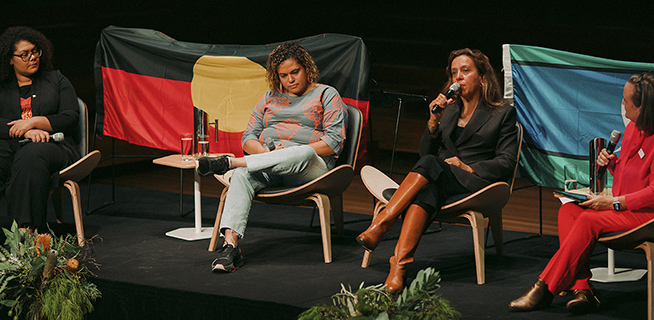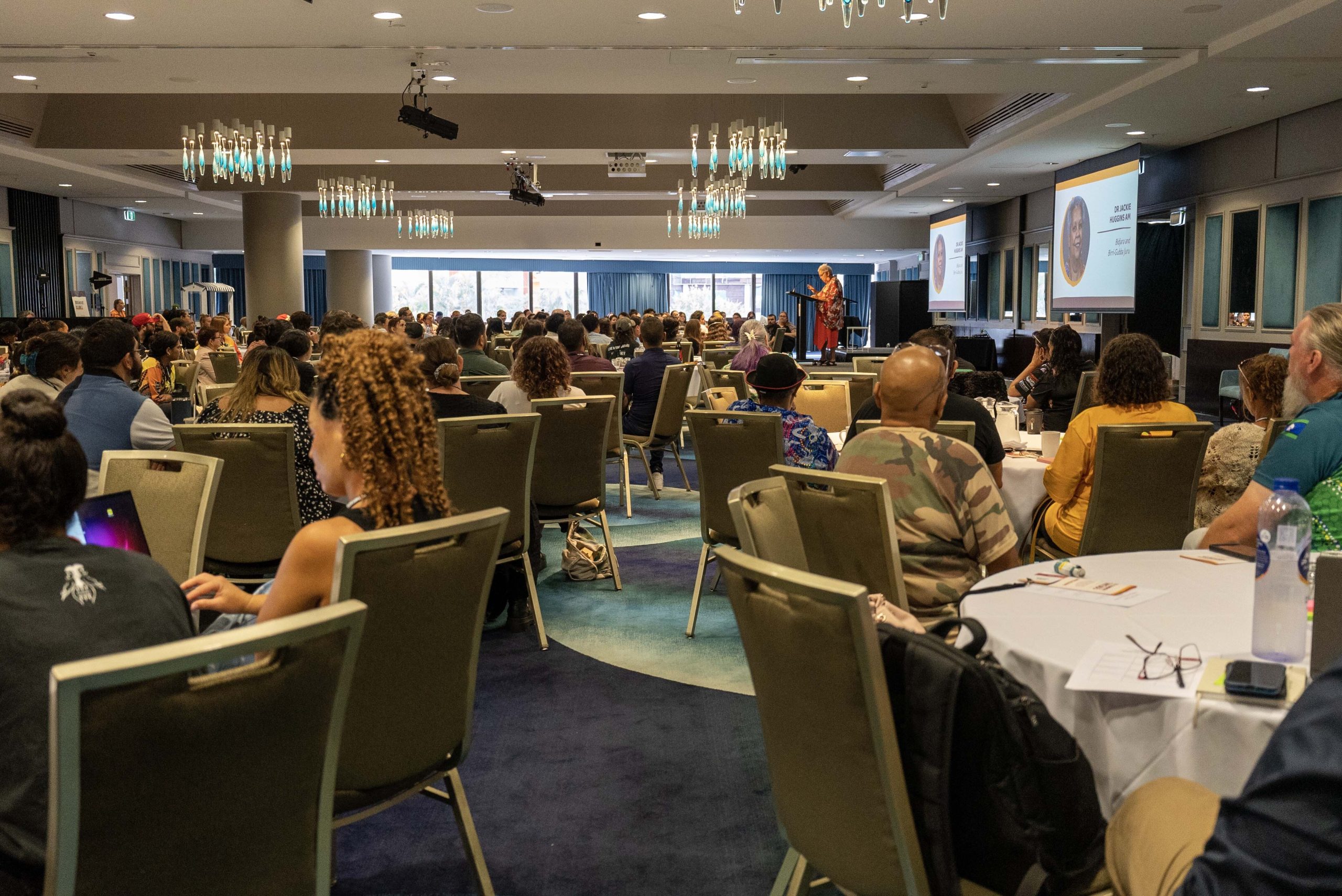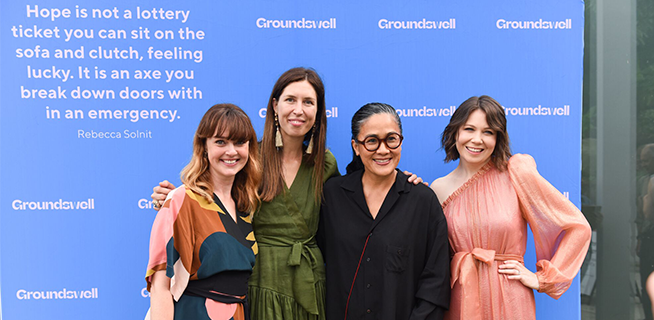At such a pivotal time in history, we need to be building widespread public support for transformative change on First Nations justice, now and beyond the referendum.

‘Change is coming’: Giving together in support of First Nations leaders working towards Voice
More than 400 funders and friends of our giving community came together on April 27 to hear from First Nations leaders mobilising around the Referendum.


